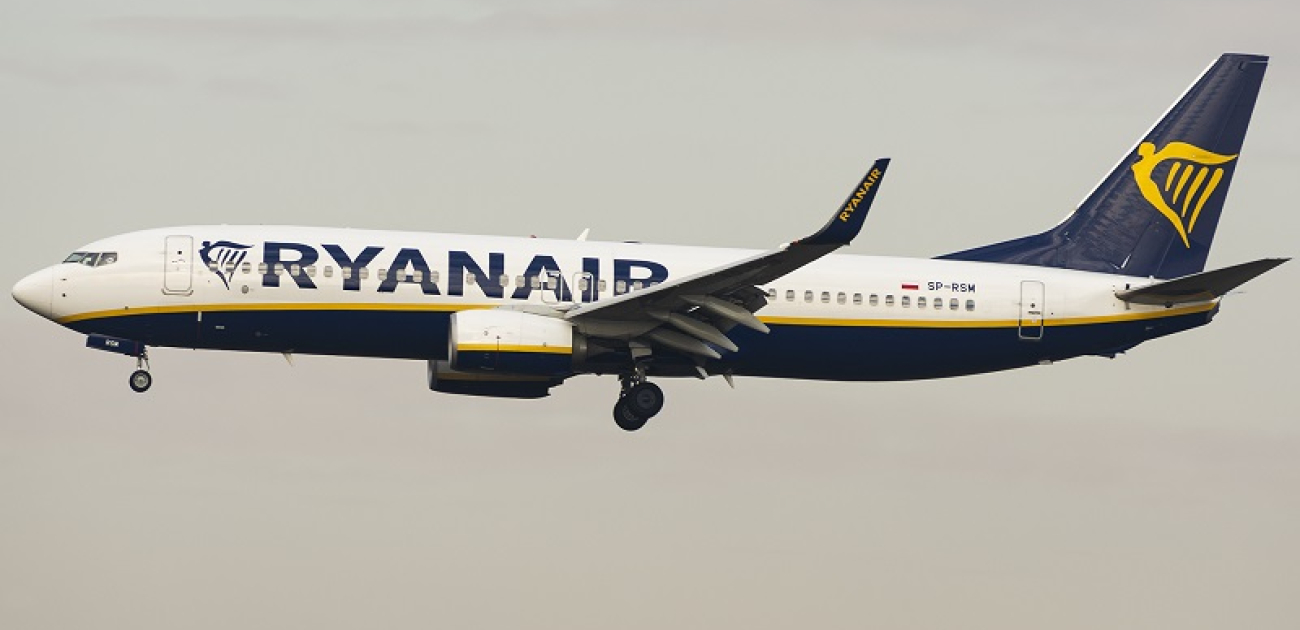Not Playing By The Rules As An Employer In The Netherlands: The Ryanair Case
The obligation of being a ‘good employer’
In The Netherlands, employers are obliged to act as a ‘good employer’. This employer's obligation is codified in Article 7: 611 of the Dutch Civil Code and is in fact a wording of Article 6: 2 and 6: 248 of the Dutch Civil Code, which refers to the general contract law in the Netherlands, which states that almost all contracts in the Netherlands are also governed by reasonableness and fairness. This also applies to the employment contract
Obligations arising from being a good employer are for example: the employer must always act correct and with care towards its employees, the employer must not abuse its position, the employer must substantiate far-reaching decisions, it must live up to expectations and it must not discriminate.
Since 2015, the legislator has also translated this requirement of being a good employer into the legislation governing the dismissal of the employee. In short, the court may decide to grant the employee additional compensation if the employer has acted culpably. In these cases, it must concern unlawful conduct on the part of the employer that can be qualified as clearly contrary to being a good employer. This is a tough test and the legislator stated when this law was drafted that this only applies in exceptional cases.
The behavior of Ryanair
When the union of the Ryanair pilots - based in Eindhoven (The Netherlands) - announced strikes in September 2018 because the collective bargaining negotiations had stalled, Ryanair immediately threatened to close this base in Eindhoven. She argued that there were financial circumstances. Ryanair also asked in summary proceedings in August to impose a ban on strike. The claim of Ryanair was rejected by the judge by judgment of 9 August 2018.
On October 1, 2018, Ryanair announced to the pilots that the base in Eindhoven will be closed from November 5, 2018. The business or financial reasons were allegedly caused by higher fuel prices and lower customer confidence as a result of the strikes by the Ryanair personnel.
The pilots were informed that they could agree to a voluntary transfer to Lamezia (southern Italy), Ponta Delgada (Azores), Marrakech (Morocco), Fez (Morocco), Otopeni (Romania) or Sofia (Bulgaria). If no choice was made, a forced transfer followed.
The pilots did not agree with this and started summary proceedings to protest against the course of events and to demand a ban on unilateral transfer to another base. The pilots were found to be in their right, because the judge assumed that the closure of the base was solely the result of the strikes and not the result of financial reasons. According to the judge hearing the application for interim measures, Ryanair must initiate further proceedings in order to prove that the transfer is justified on financial grounds.
After receiving the judgment, Ryanair wrote to its pilots on the same day that the base would nevertheless be closed and that they could still opt for a voluntary transfer. If not accepted, dismissal will follow.
The pilots did not accept this and Ryanair submitted a request for dismissal to the UWV (dismissal for financial reasons in The Netherlands must be requested in at the UWV and not at the court), as announced. The UWV found that there was an obligation for Ryanair to first consult the trade unions before being able to process the application for dismissal. This consultation with the trade union took place on January 22, 2019, in which Ryanair remained in its decision to close the base in Eindhoven. The UWV rejected the Ryanair application in March.
Dissolution requested by the employees
The pilots were therefore still employed. In April 2019, eight pilots themselves requested the termination of their employment contract on the basis of Article 7: 671c of the Dutch Civil Code. The basis for their request was that, as a result of Ryanair's actions, they could no longer reasonably be required to remain employed by Ryanair.
They requested the granting of the transition allowance and the additional allowance. The sub-district court granted the pilots' requests and awarded the pilots individual reimbursements of between € 30,000 and € 90,000 as a transition payment and between € 350,000 and € 425,000 as an additional payment , because in the opinion of the sub district court judge Ryanair had acted serious culpable. The Court of Appeal agreed with the sub district Court, which it confirmed in its judgment of 6 February 2020. In summary, the Court of Appeal criticizes Ryanair as follows:
- Ryanair has attempted to prevent a planned strike of its employees by threatening to close the base in Eindhoven. The right to strike is a fundamental social right. By trying to prevent the strike in an unreasonable way, she acted contrary to being a good employer;
- Ryanair - without making plausible financial reasons - tried to force its pilots to agree to a transfer. Although the court prohibited a transfer and ruled that Ryanair should make the financial reasons through a substantive proceeding plausible, Ryanair immediately put pressure on its pilots after the verdict to agree to a transfer. The choice was: transfer or dismissal. Ryanair thereby disregarded the order measure of the judgment of 1 November 2019, which must be regarded as serious culpable action;
The Court of Appeal concluded that due to reprehensible conduct by Ryanair, the relationships between the parties were disrupted. Ryanair has also made no effort to normalize the relationships. On the contrary, she has escalated the conflict. The unworkable situation that has arisen can be attributed to Ryanair.
Conclusion
Careless handling by the employer can cost her dearly. Even if the employer itself does not request termination of the employment contract, it still runs the risk of having to pay a high compensation to its employee. After all, in The Netherlands the employee can request the court itself to dissolve its employment contract, with the granting of the transition and additional compensation.
This judgement confirms that employers in the Netherlands should not be light-hearted about the obligations of being a good employer. Forcing a transfer or dismissal has often led to the granting of high equitable allowances. Although serious culpability for employers is meant to be an exception, compensation can run into the hundreds of thousands euro’s once the case qualifies as an exception. Such as on April 24, 2018, when the court ruled that the disruption of the employment relationship is due to the employer: € 628,000.[1] But also on January 16, 2018, when the court ruled that the employer had breached its relocation obligation: € 530,000.[2] And what about the ruling of 14 March 2019, in which the judge ruled that the employer did not give her employee a chance to improve his performance: € 1,026,449.08 was allowed on top of the transitional compensation![3]
Do you want more information?
 Marcel Smit
Marcel SmitHe has significant experience in labour law, liability law and contract law with international aspects.
